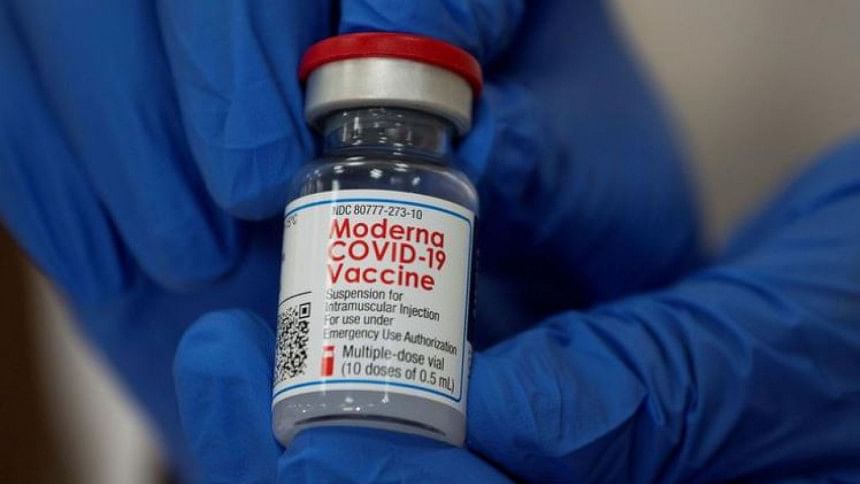Vaccination drive to resume in full swing with new Moderna shots

We are relieved to know that two and a half million doses of the Moderna Covid-19 vaccine are set to arrive in the country by July 3, after the mass inoculation campaign has remained stalled for over two months. While the inoculation of first doses began again on a limited scale from June 19, it is reassuring to know that we will now have enough supplies to continue the drive for some time (only less than three percent of the population has been vaccinated so far).
Unfortunately, we cannot be boundlessly optimistic about this news given the many examples of how the authorities have mismanaged the country's vaccination campaign in the last six months or so since the first doses had arrived. One of the first incidents to exhibit how unplanned our vaccination campaign really is was the government's dependence on only one source for the shots: the Serum Institute of India. Of course, when the Covid-19 situation in India drastically deteriorated in March, their vaccine supply had to be suspended. By then, Bangladesh had only received 70 lakh of the promised 3 crore doses, besides the 3.3 million doses it had been gifted by India.
Now, the government is set to acquire the aforementioned 2.5 million Moderna doses under the COVAX programme, plus the first shipment of the 1.5 crore Sinopharm vaccine shots it plans to buy from China. Initially, Bangladesh was promised 6.8 crore doses from COVAX, but it has so far received only 1.06 lakh doses of the Pfizer vaccine under this programme. It has also failed to provide 1.09 crore doses of the Oxford-AstraZeneca vaccine by May, as it had promised to do on March 2.
Therefore, we would urge the government to keep trying to acquire more vaccines from diverse sources as the current/expected stock is obviously not nearly enough to cover a significant portion of the population under the vaccination campaign, nor will this supply last a long time (if properly administered). We commend the decision of the government to prioritise the vaccination of our migrant workers, as some countries where they work require them to either be vaccinated before their arrival (such as Kuwait and Saudi Arabia) or spend 14 days quarantining in hotels at their own expense. However, we also think that administering the second dose to those who received their first dose months ago should be a priority, so that the first dose does not become redundant. Most importantly, the government needs to ensure smooth operation of the current vaccination programme and secure the supply of months'—if not a year's—worth of shots for its citizens.

 For all latest news, follow The Daily Star's Google News channel.
For all latest news, follow The Daily Star's Google News channel. 



Comments